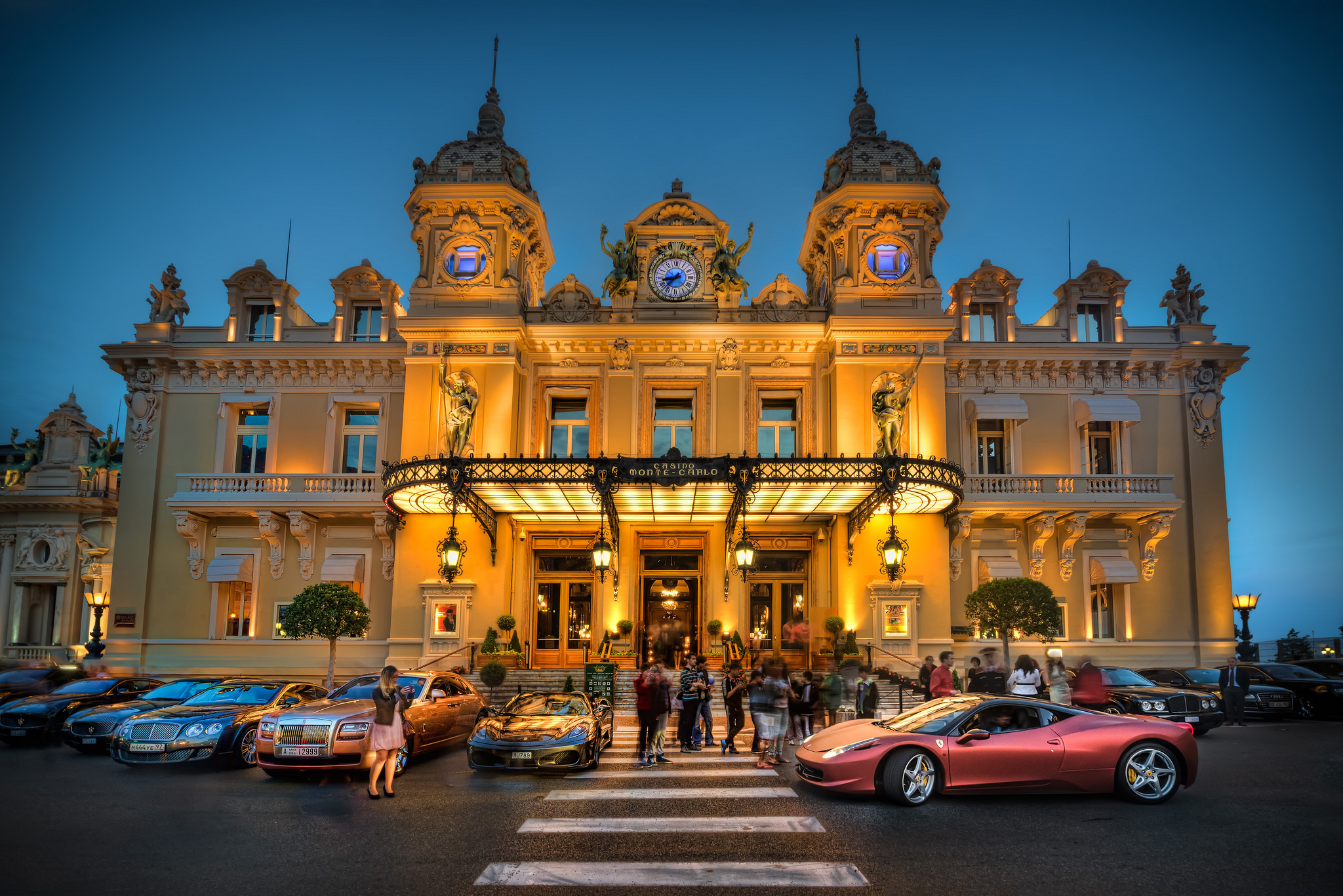
Casino games have long captured the fascination of individuals around the planet, becoming an integral part of both leisure and culture. From the sparkling lights of Nevada to the immersive experience of internet gambling, these experiences evoke thrill, uncertainty, and sometimes even a sense of nostalgia. They are more than just hobbies; they have woven themselves into the tapestry of human experience, influencing everything from film and songs to clothing and literature.
The appeal of casino games goes beyond the gambling aspect, tapping into larger themes of luck, risk, and psychology. As players gather around a poker table or rotate the roulette, they engage in an timeless ritual that connects with our shared desire for thrill and instability. This captivation has led to the rise of many references in movies, music, and electronic games, showcasing how strongly entrenched these activities are in mainstream culture. Whether it is the intense drama of a classic caper or the lively nightlife portrayed in videos, casino games have created a substantial place that reflects our bond with risk and reward.
Cultural Importance of Casino Games
Gambling games have played a crucial role in cultural contexts throughout history. Originating from ancient societies, games of chance were often connected to ceremonies or events. For example, early forms of these activities can be linked back to historic Chinese and the Romans, where die games and betting on outcomes were common pastimes. These games not only served as entertainment but also as methods of connecting people, facilitating relationships among people within societies.
As societies evolved, so did the sophistication and organization of casino games. The establishment of formal casinos in the 17th century, particularly in Italy, marked a significant shift in how games were perceived and organized. With specific spaces for gambling, the casino became a social hub where patrons from various backgrounds convened. This evolution contributed to the legitimization of the industry, transforming it from a mere pastime into an established industry that influenced economy and regulations.
The impact of gambling games on mainstream culture cannot be understated. As they were popularized in literature and movies, games such as poker and blackjack became icons of chance, chance, and strategy. Iconic characters and narratives have developed around these activities, reflecting societal attitudes towards luck, prosperity, and immorality. This interest with casino games has permeated various forms of entertainment, cementing their status in the collective consciousness and connecting them to broader cultural stories throughout history.
Depiction of Gambling Games in Entertainment
Casino activities have long been a popular theme in various forms of media, reflecting both the excitement and complexities of the world of gambling. Movies such as Ocean’s 11 and Casino Royal portray characters who navigate high-stakes environments, showcasing not only the attractiveness of the gambling environment but also the methods and decisions that come with playing popular games like Texas Hold’em and blackjack. These films often dramatize the thrill of winning and the potential repercussions of losing, encapsulating the dangers involved in betting.
Television shows have also explored the universe of gambling activities, often integrating them into the storyline as a backdrop for character development and drama. Shows like Las Vegas depict the stories of gambling employees and casino-goers, highlighting the vibrant, often disorderly energy of the casino floor. Docuseries featuring intense betting contests further emphasize the fascination of casino games, drawing viewers into the drama and tactics involved in each session. https://nohu.loans/ Through these depictions, media not only engages but also stimulates conversations about fortune, skill, and the character of chance.
Video games have increasingly incorporated gambling activities into their structure, allowing players to recreate the feeling of betting without financial exposure. Titles within the domain of online gaming often include virtual slots, online poker, and other casino favorites, creating an immersive gameplay that mirrors real-life gameplay. These virtual portrayals make gambling activities accessible to a worldwide viewer base, appealing to both risk-takers and those who enjoy the excitement of virtual experiences. As a result, the portrayal of casino games in media continues to shape societal views and cultural relevance, highlighting their place in society and culture.
Impact of Gambling Activities on Society
Casino games have a significant impact on society, influencing multiple facets of societal norms and interpersonal behavior. They often serve as a venue for social interaction, where people gather to experience a shared experience. Casino trips with friends or trips to casinos become group events that build connections and create memories. This collective aspect enhances the entertainment value of casino games, making them a favored choice for festivities and recreational pursuits.
Additionally, casino games have been depicted in numerous movies, television shows, and literature, shaping views and attitudes towards gambling and gaming. Icons like James Bond playing baccarat or the high-stakes poker scenes in films have embedded these games in the shared imagination. This depiction often idealizes the culture associated with gambling, attracting new players and impacting trends in both style and conduct. These representations can ignite curiosity and lead to a deeper exploration of the nuances of gaming.
However, there are also adverse consequences linked to the widespread appeal of gambling activities. The allure of quick monetary gain can lead to problem gambling and financial troubles for some individuals. The community must grapple with these consequences, advocating for responsible gaming and awareness of the risks involved. Balancing the fun aspect of gambling activities with the potential for harm is crucial to ensure that they remain a positive aspect of our societal fabric.
